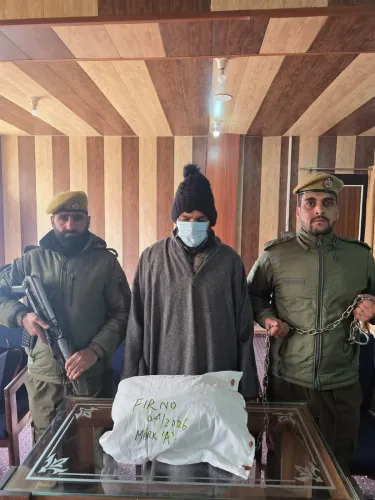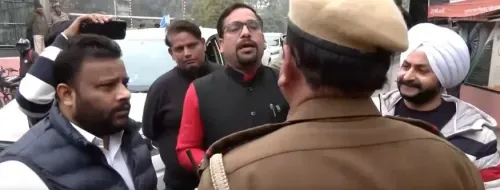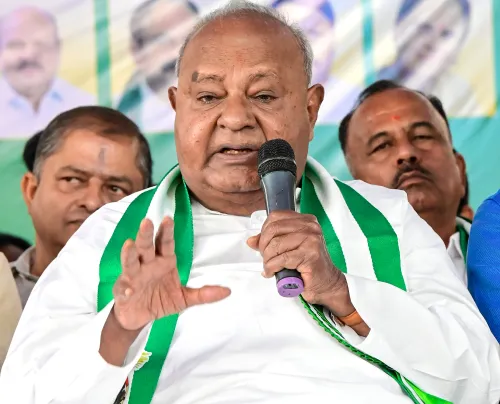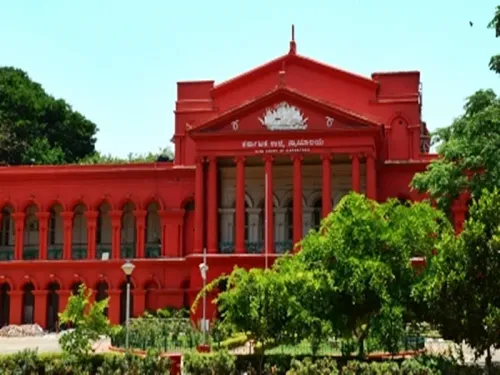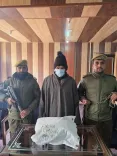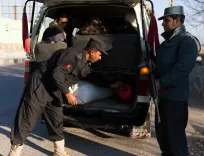What Did Nitesh Rane Say About the Shopkeeper's Assault That Sparked Political Tensions in Maharashtra?
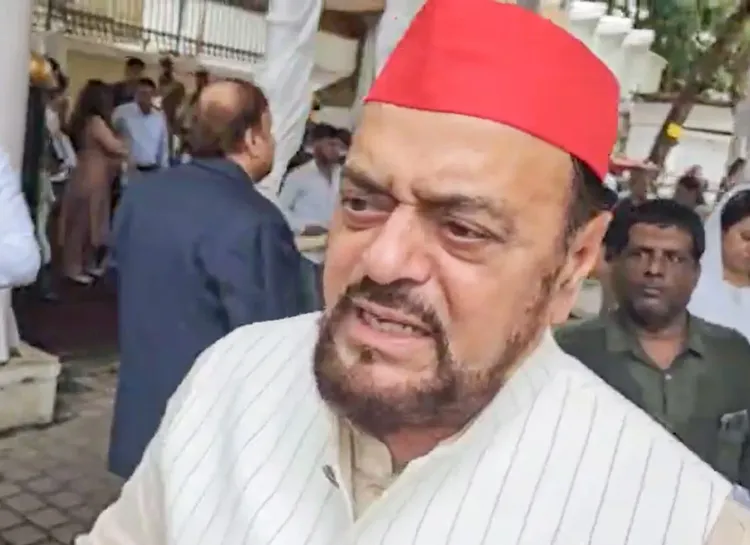
Synopsis
Key Takeaways
- Nitesh Rane issues a warning regarding the treatment of non-Marathi speakers.
- Political leaders emphasize the importance of community unity.
- Criticism of the BJP's approach to Hindu-Muslim relations is widespread.
- The potential for these events to influence future political dynamics in Maharashtra is significant.
- Ongoing discussions in Parliament are expected regarding this issue.
Mumbai, July 4 (NationPress) A fierce political battle has ignited in Maharashtra following BJP leader and state minister Nitesh Rane's pointed remarks directed at Raj Thackeray's Maharashtra Navnirman Sena (MNS) concerning the recent assault on a shopkeeper who supposedly declined to converse in Marathi.
Rane challenged whether MNS activists would dare to confront Muslims who may also not communicate in Marathi, cautioning that if Hindus faced violence, the Mahayuti government’s “third eye” would become vigilant.
In response to the escalating situation, Abu Asim Azmi, leader of the Samajwadi Party's Maharashtra unit, commented to IANS: "Certain individuals aim to fracture society with their absurd statements. I refrain from engaging with such people—they perpetuate this daily. We are followers of love, not hate. This is not merely a Hindu-Muslim issue. Anyone who struggles with Marathi will eventually learn it, but no one has the right to intimidate or harm them. This matter will be raised in Parliament in Delhi—they will be held accountable for it."
When questioned about potential attempts by the government to instigate a Hindu-Muslim divide, Azmi remarked: "This administration ascended to power by exacerbating Hindu-Muslim divisions. That's their only strategy—instigating temple-mosque conflicts to maintain their hold on power. These tactics must cease."
Nana Patole, President of the Congress state unit, also criticized the ruling BJP, stating: "They profess that this is a Hindu government in Maharashtra and India, yet they claim Hindus are endangered. How can Hindus be at risk when we constitute 80 percent of the population? They secured their victory by polarizing Hindus, thus they must ensure everyone's protection. Consider the Pune rape case—the victim was also Hindu. They fail to guarantee Hindu safety while engaging in political maneuvering over religious identity."
Maharashtra minister and Shiv Sena leader Uday Samant attempted to adopt a more moderate stance.
"We have never singled out anyone based on their appearance, such as wearing a beard or cap. However, those residing in Maharashtra must connect with the state and its populace. Similarly, anyone in India should demonstrate loyalty to the nation. If an individual acts against national interests, the law should impose strict penalties. Nevertheless, targeting any religion or community is unacceptable, and the law will respond decisively to such actions," he concluded.


